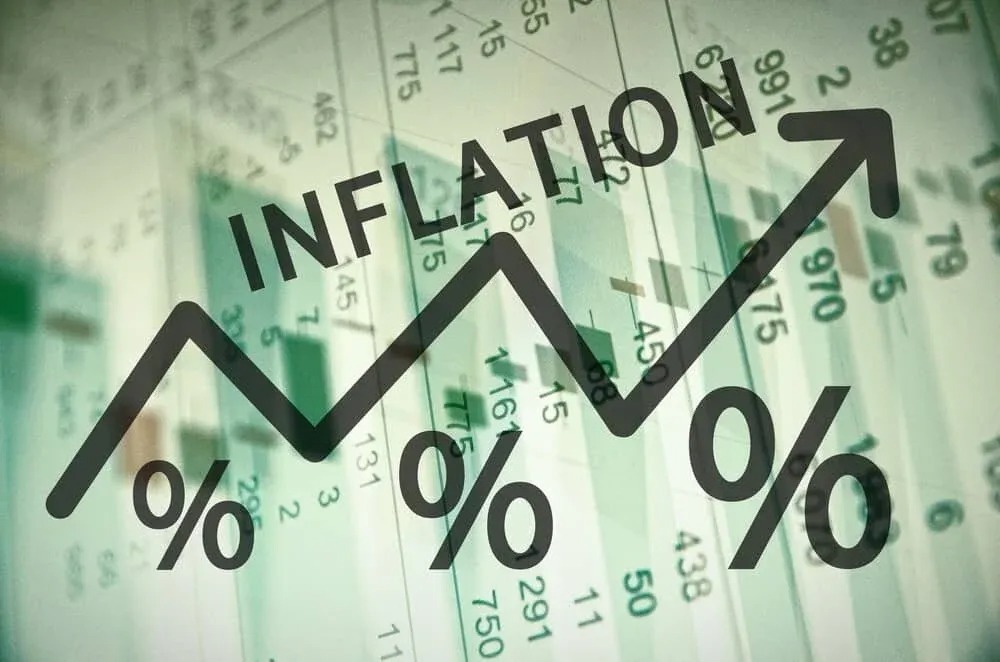- Courses
- GS Full Course 1 Year
- GS Full Course 2 Year
- GS Full Course 3 Year
- GS Full Course Till Selection
- MEP (Mains Enrichment Programme) Data, Facts
- Essay Target – 150+ Marks
- Online Program
- GS Recorded Course
- NCERT- First Ladder
- Polity
- Geography
- Economy
- Ancient, Medieval and Art & Culture AMAC
- Modern India, Post Independence & World History
- Environment
- Governance
- Science & Technology
- International Relations and Internal Security
- Disaster Management
- Ethics
- Current Affairs
- Indian Society and Social Issue
- CSAT
- 5 LAYERED ARJUNA Mentorship
- Public Administration Optional
- ABOUT US
- OUR TOPPERS
- TEST SERIES
- FREE STUDY MATERIAL
- VIDEOS
- CONTACT US
Imported Inflation
Imported Inflation

The Asian Development Bank recently warned that India could face imported inflation as the rupee could depreciate amid the rise in interest rates in the West.
- If EU, U.S. defer rate cuts through 2024, inflation may rise around 0.4 percentage points; shipping cost spikes could also fuel inflation
What is Imported Inflation?
Imported inflation happens when prices within a country rise because the cost of imported goods and services increases. This can lead to a general increase in prices across the economy.
Factors driving imported inflation:
- Weakening currency: If a country's currency weakens (depreciates) against other currencies, it takes more money to buy the same amount of goods from abroad.
- Global commodity prices: If the prices of key commodities (like oil or agricultural products) increase on the world market, countries that import them will feel the impact.
- Changes in trade policies: Tariffs, quotas, and other trade restrictions can make imports more expensive.
- Transportation costs: Rising fuel prices or supply chain disruptions increase the cost of transporting goods, pushing up the price of imports.
The impact of imported inflation:
Companies that rely on imported materials see their production costs increase. They often pass on these higher costs to consumers, leading to a general rise in prices within the country.
The Asian Development Bank's (ADB) Warning:
The ADB, a regional development bank focused on Asia and the Pacific, has recently cautioned that India might experience imported inflation. This risk arises from a potential weakening of the Indian rupee in response to rising interest rates in Western countries.
FAQs:
Q1: What is the Asian Development Bank (ADB)?
The ADB is a development bank founded in 1966 that aims to promote economic and social progress in the Asia-Pacific region. It works to reduce poverty through loans, grants, investments, and technical assistance to its member countries. Japan is a major shareholder, and the ADB is headquartered in Manila, Philippines.
Must Check: Best IAS Coaching In Delhi
India’s EV Mission: Progress Delayed, Not Denied


